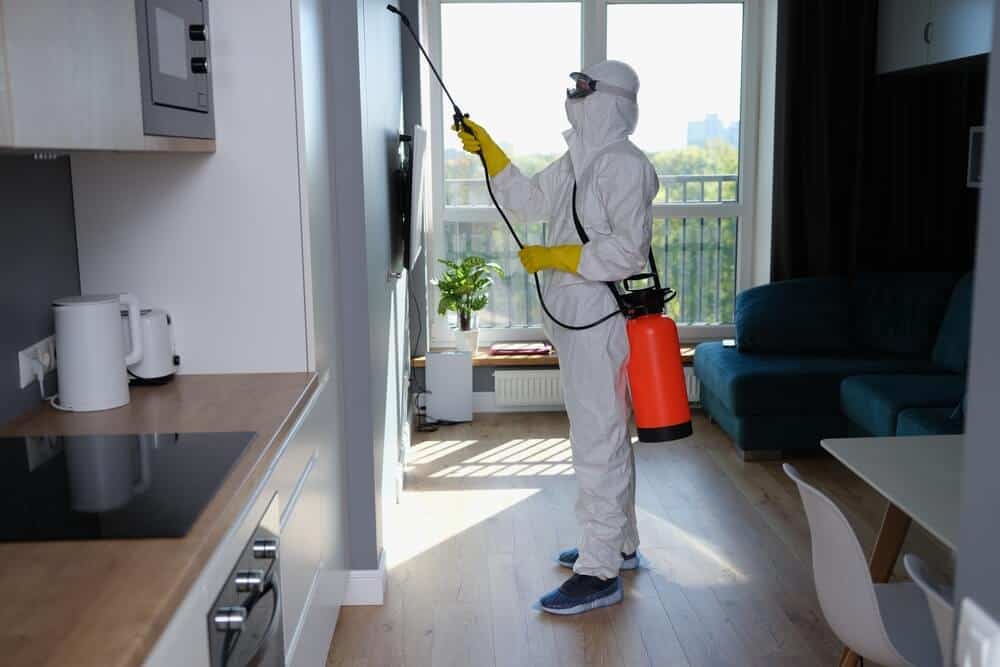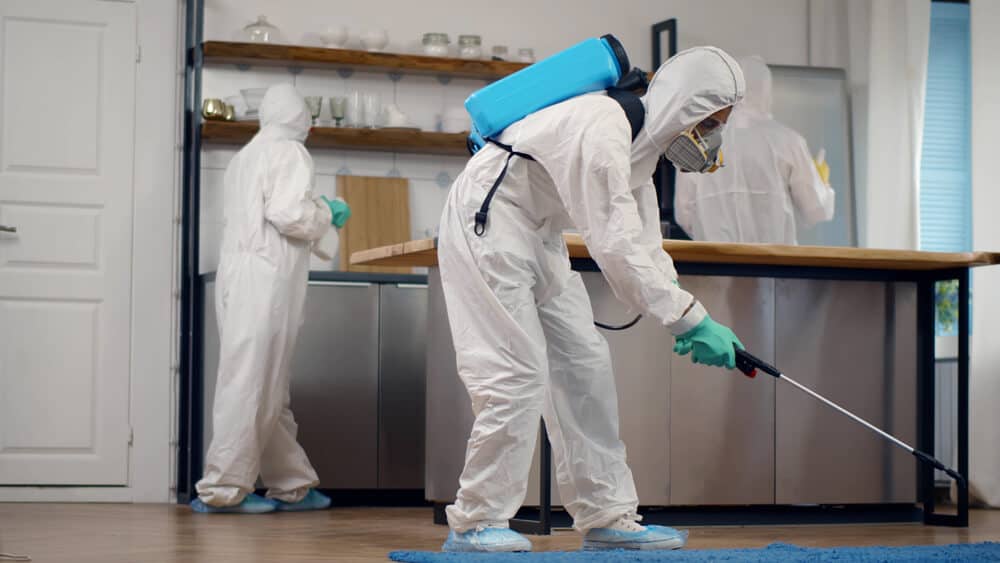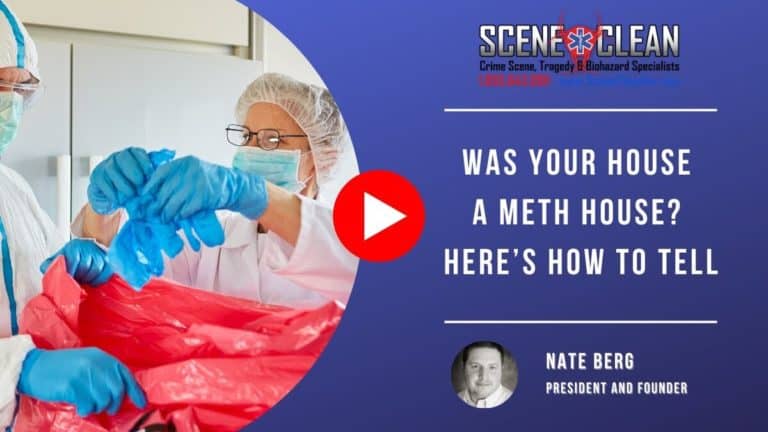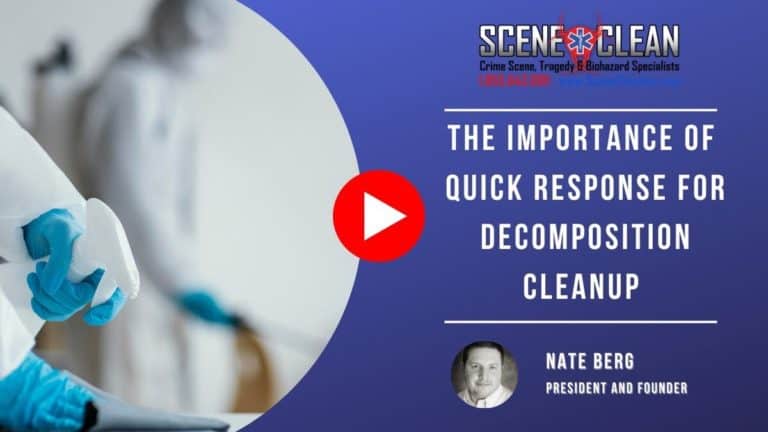Biohazard cleanup is a specialized field requiring a specific skill set, knowledge base, and training. This role involves working in environments that may expose technicians to dangerous pathogens, chemicals, and other hazardous materials. Therefore, it is paramount that biohazard cleanup technicians possess certain qualifications to ensure they can perform their duties safely and effectively.
Key Regulatory Bodies

OSHA and State OSHA Guidelines
The Occupational Safety and Health Administration (OSHA) is the primary federal agency overseeing workplace safety and health standards. Many states have their own versions of OSHA, known as State Plan OSHA, which may have additional guidelines and requirements that biohazard cleanup technicians must adhere to.
Core Qualifications
Bloodborne Pathogens Training
One of the foundational qualifications in biohazard cleanup is training in handling bloodborne pathogens. Technicians must be well-versed in dealing with materials that have been contaminated by blood or other bodily fluids to prevent the spread of infectious diseases.
Respiratory Protection
Given the exposure to dangerous substances, respiratory protection training is crucial. Technicians must understand the types of respirators available and the specific situations in which they should be used.
Fit Testing
Fit testing ensures that respiratory equipment fits securely, providing the maximum level of protection. Before undergoing fit testing, technicians are required to have a medical check and complete a medical questionnaire to confirm they are capable of using the respirators without any health risks.
Chemical Handling
Biohazard cleanup often involves the use of chemicals for disinfecting areas. Thus, chemical training is an essential qualification for technicians. This involves understanding the properties of various chemicals, as well as safe storage, handling, and disposal methods.
Personal Protective Equipment (PPE) Training
Technicians must have training in the appropriate use of Personal Protective Equipment, from gloves and gowns to eyewear and foot protection. Proper PPE usage minimizes the risk of exposure to hazardous materials.
Importance of Third-Party Validation
While second-party tests and internal training are beneficial, third-party validated training offers an unbiased evaluation of a technician’s qualifications. Third-party training is carried out by completely independent organizations, providing an objective assessment of whether the technicians meet the required standards.
Local Laws and Additional Requirements
While federal and state OSHA guidelines set the baseline qualifications, it’s essential to be aware of local laws that may impose additional requirements. For instance, some municipalities may have specific training programs that biohazard cleanup technicians must complete. Keeping abreast of local regulations ensures that technicians are compliant at all levels.
Conclusion

Biohazard cleanup is not a job for the faint of heart; it demands a specialized skill set and rigorous training. By adhering to OSHA and state OSHA guidelines, as well as undergoing third-party validated training, technicians ensure that they are up to the task. These qualifications not only protect the technician but also guarantee a safe and effective cleanup, minimizing risks to public health.
Given the gravity of their work, it’s critical that biohazard cleanup technicians are qualified through a thorough and objective training process. Whether you are looking to become a biohazard cleanup technician or are in need of their services, understanding these qualifications can help you make informed decisions. Contact Scene Clean today to learn more about what qualifications biohazard cleanup technicians should have.






